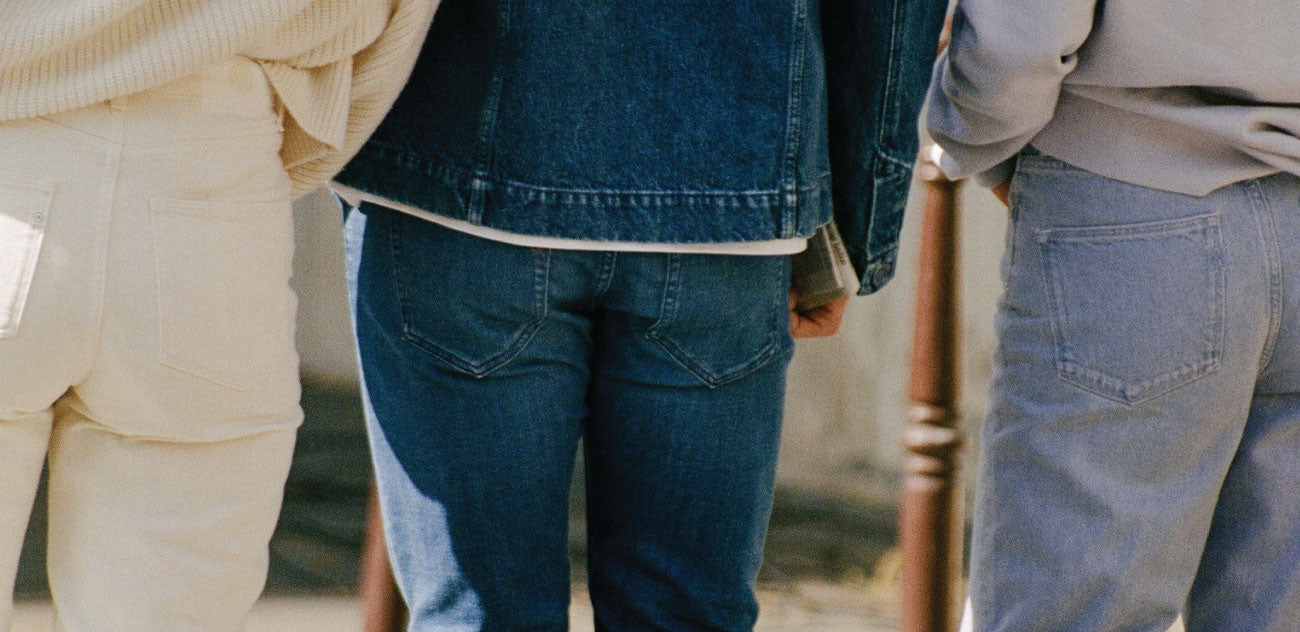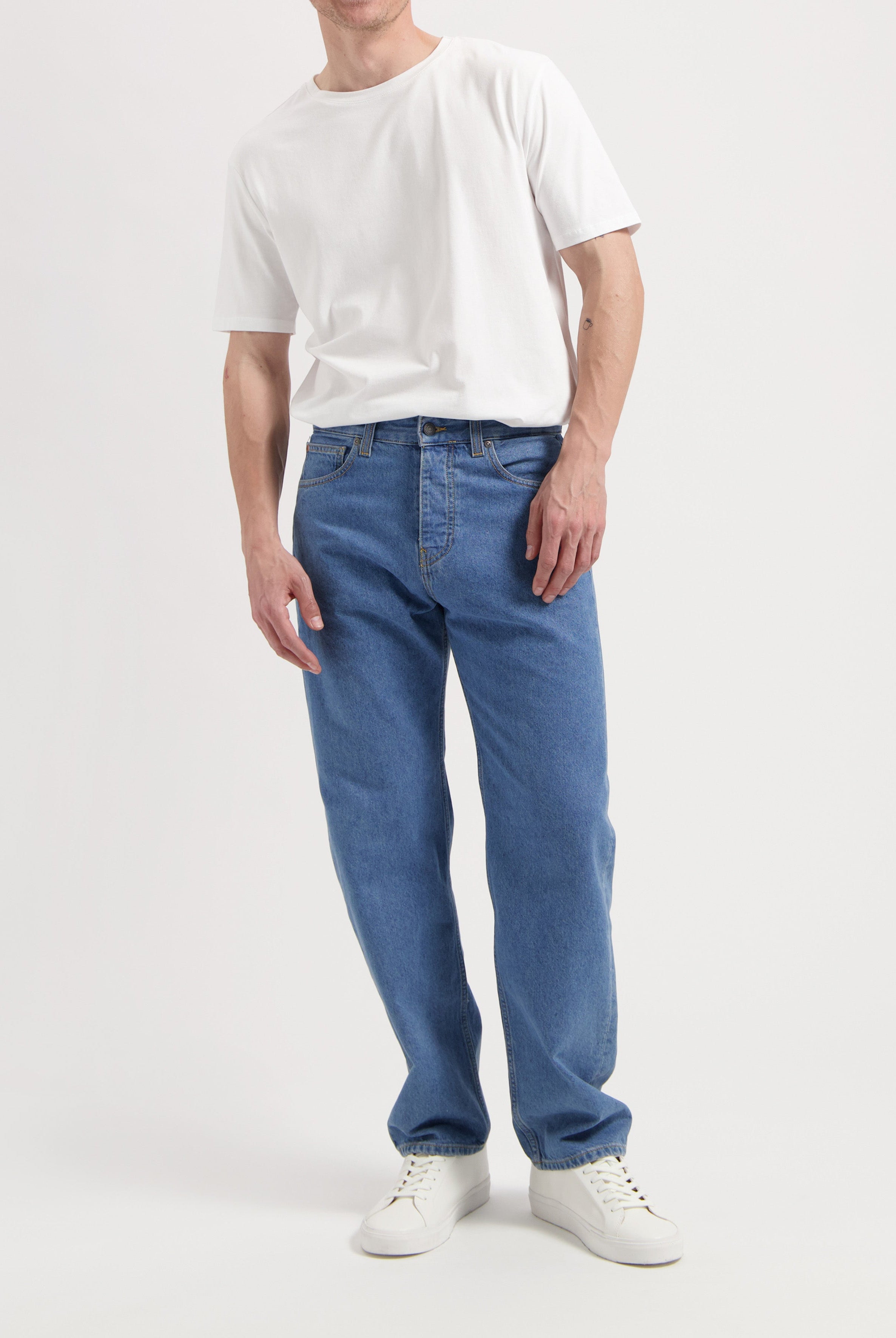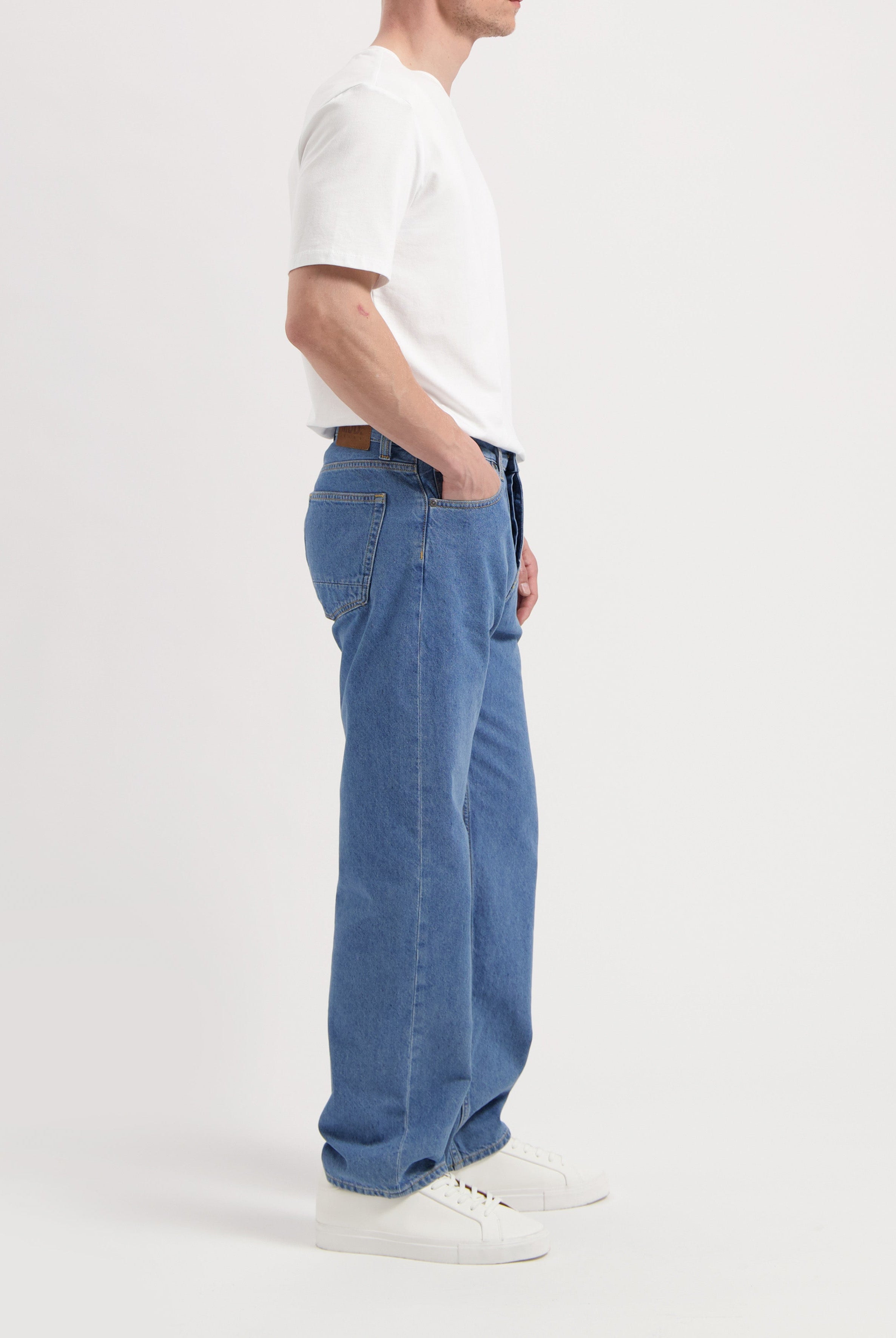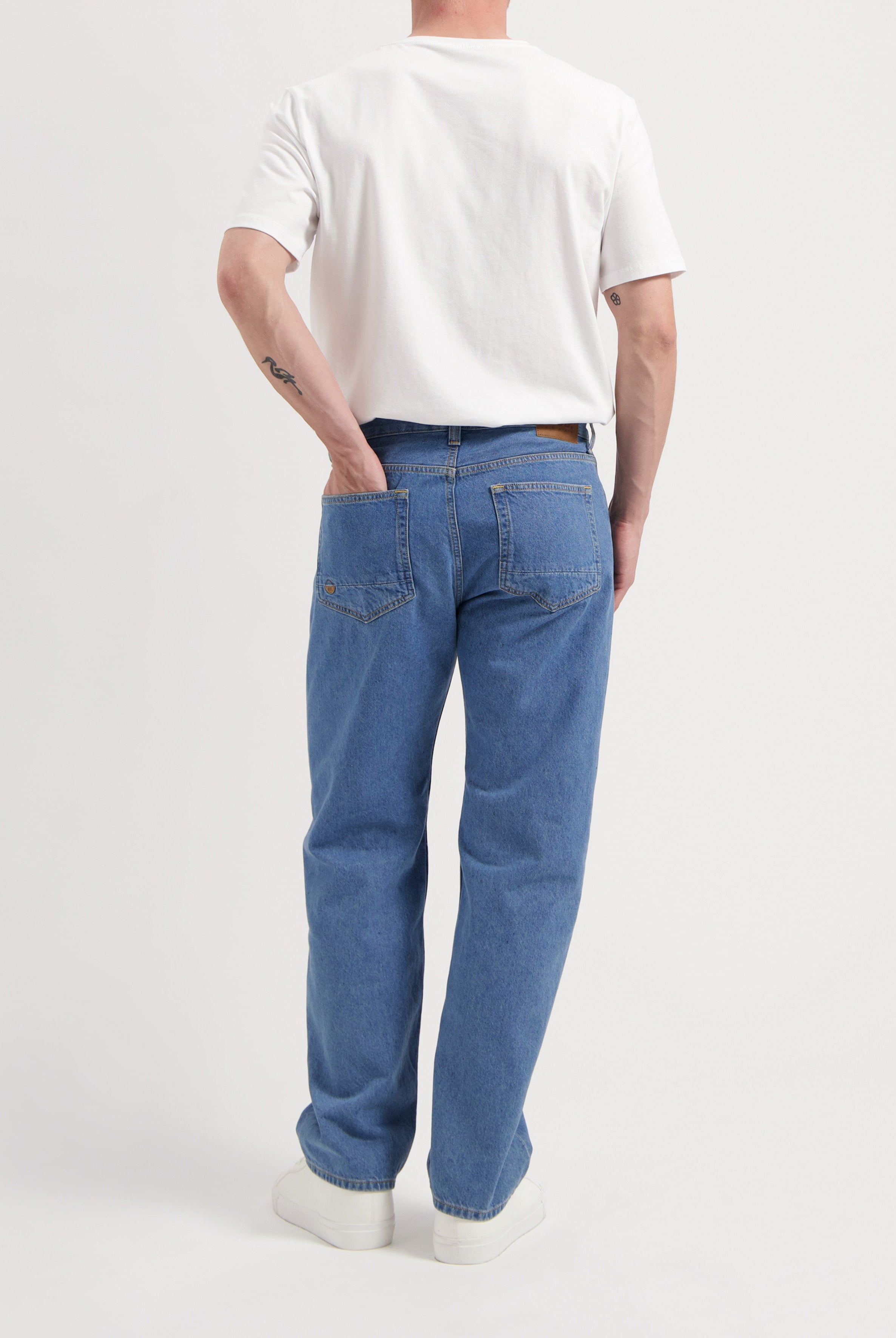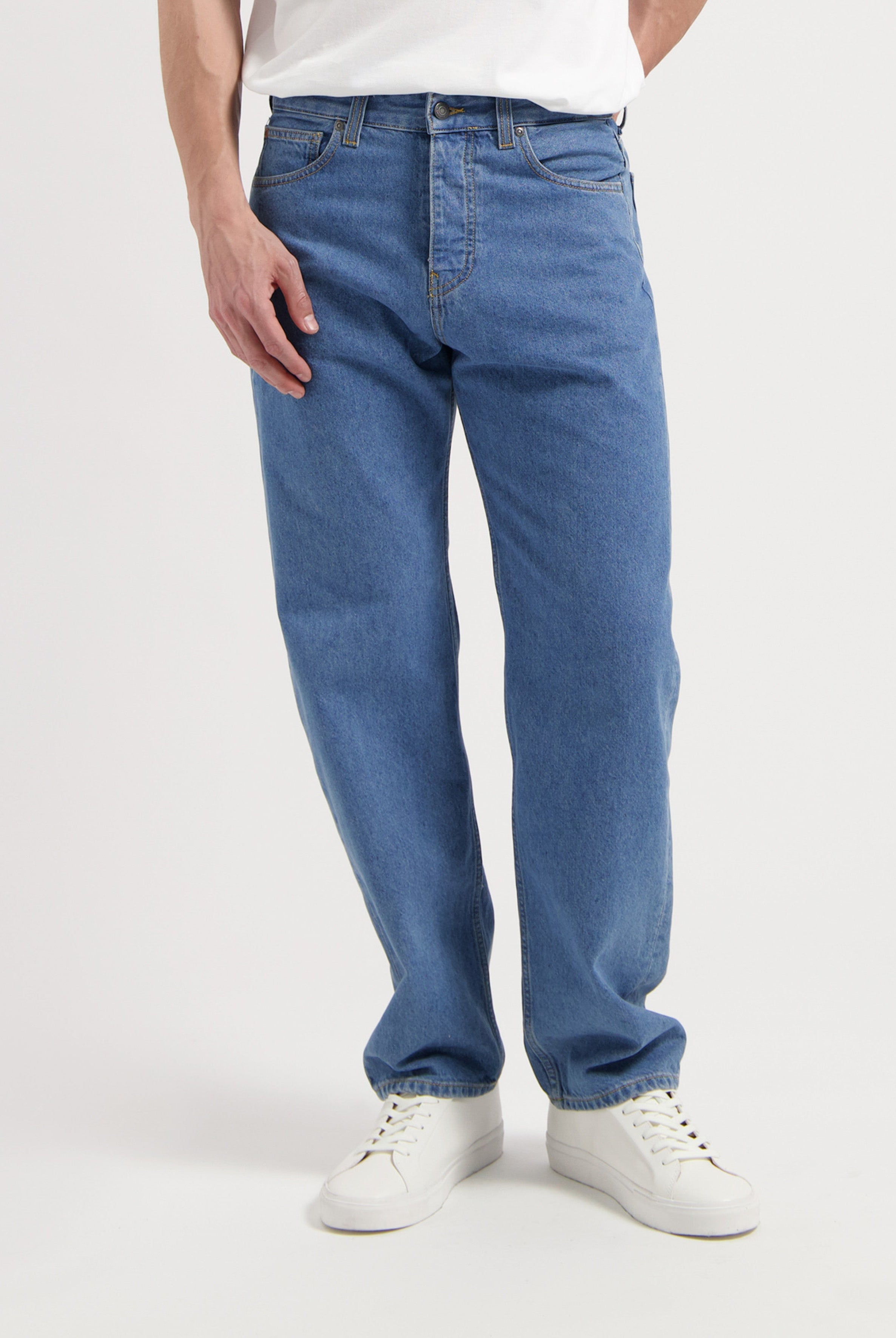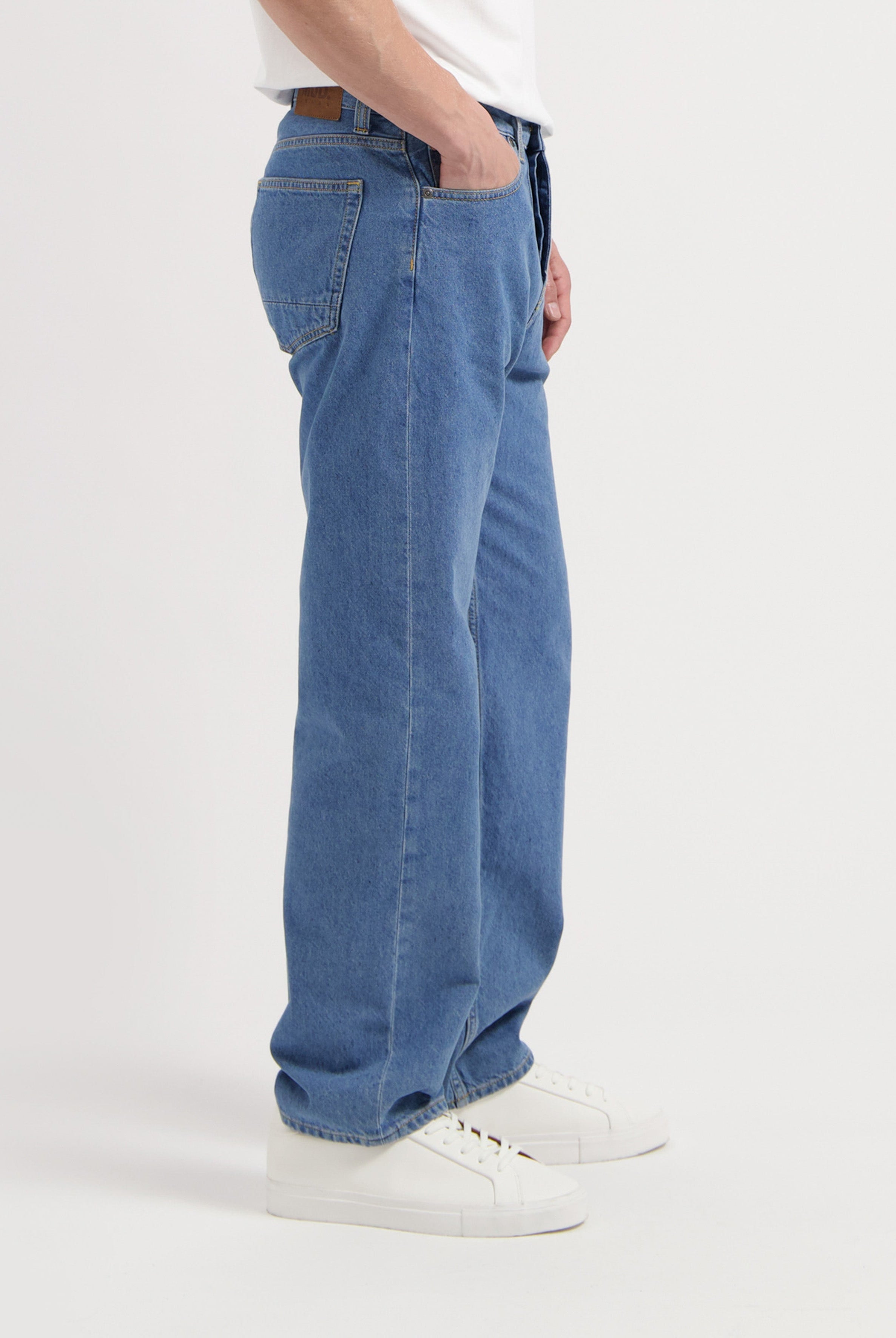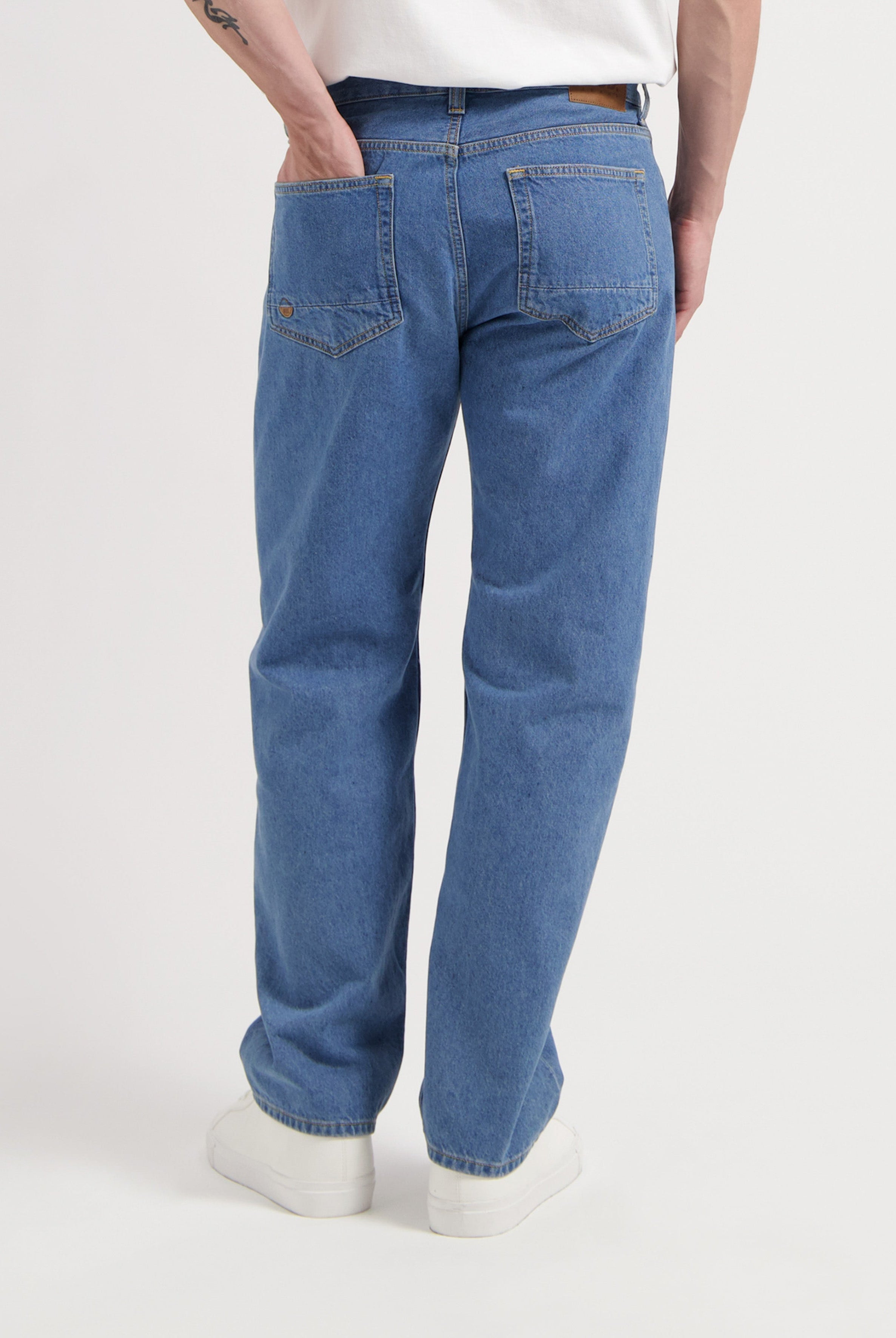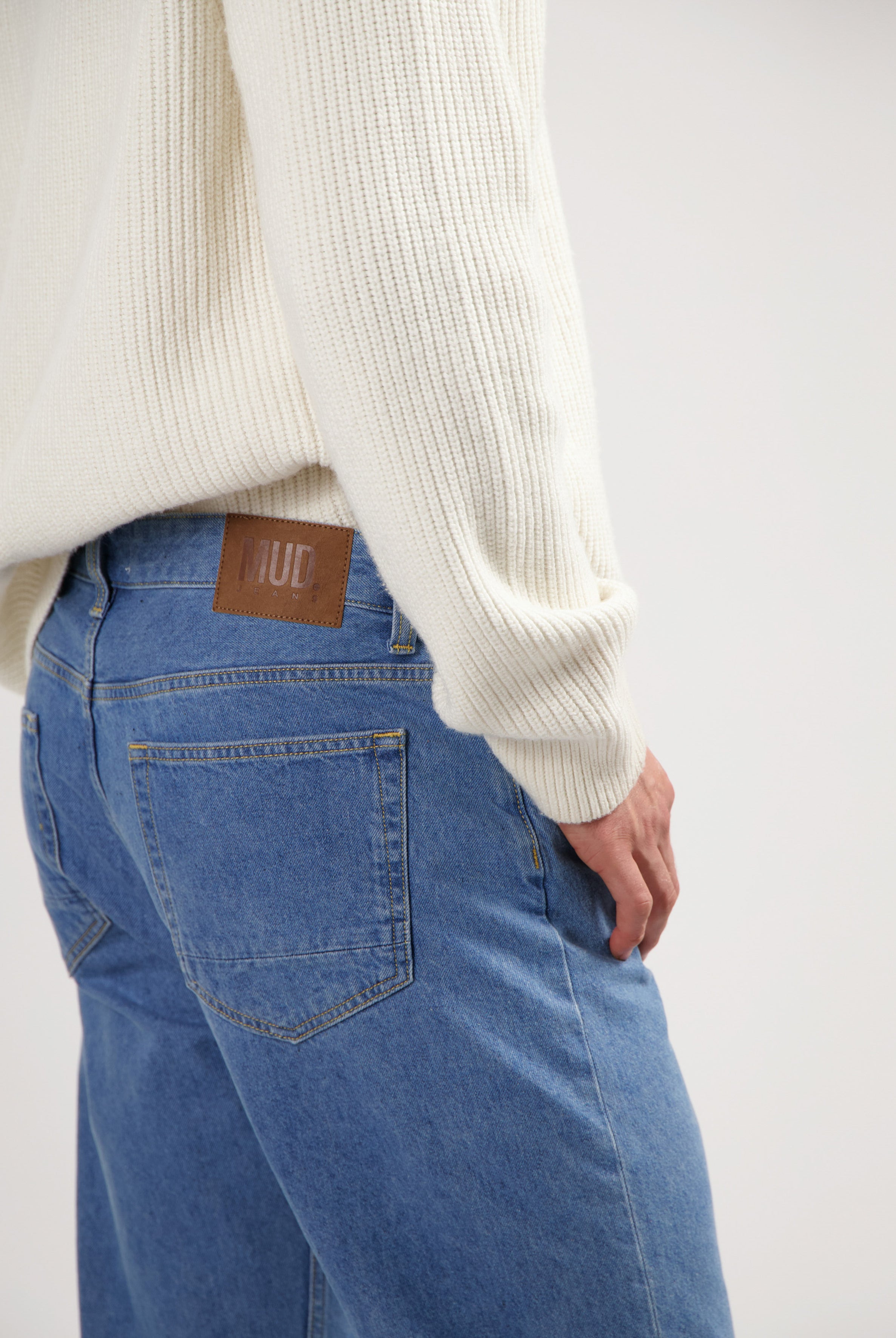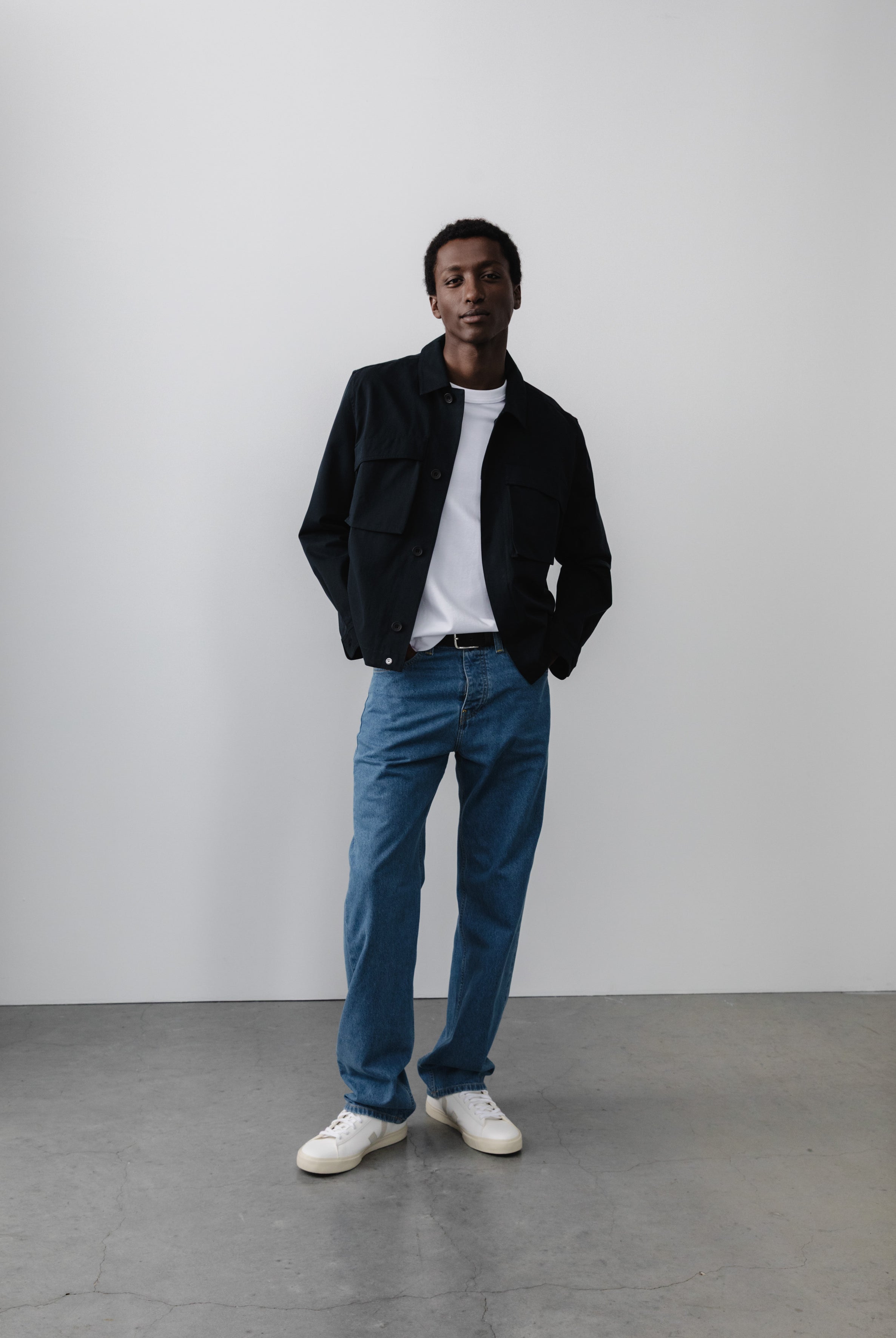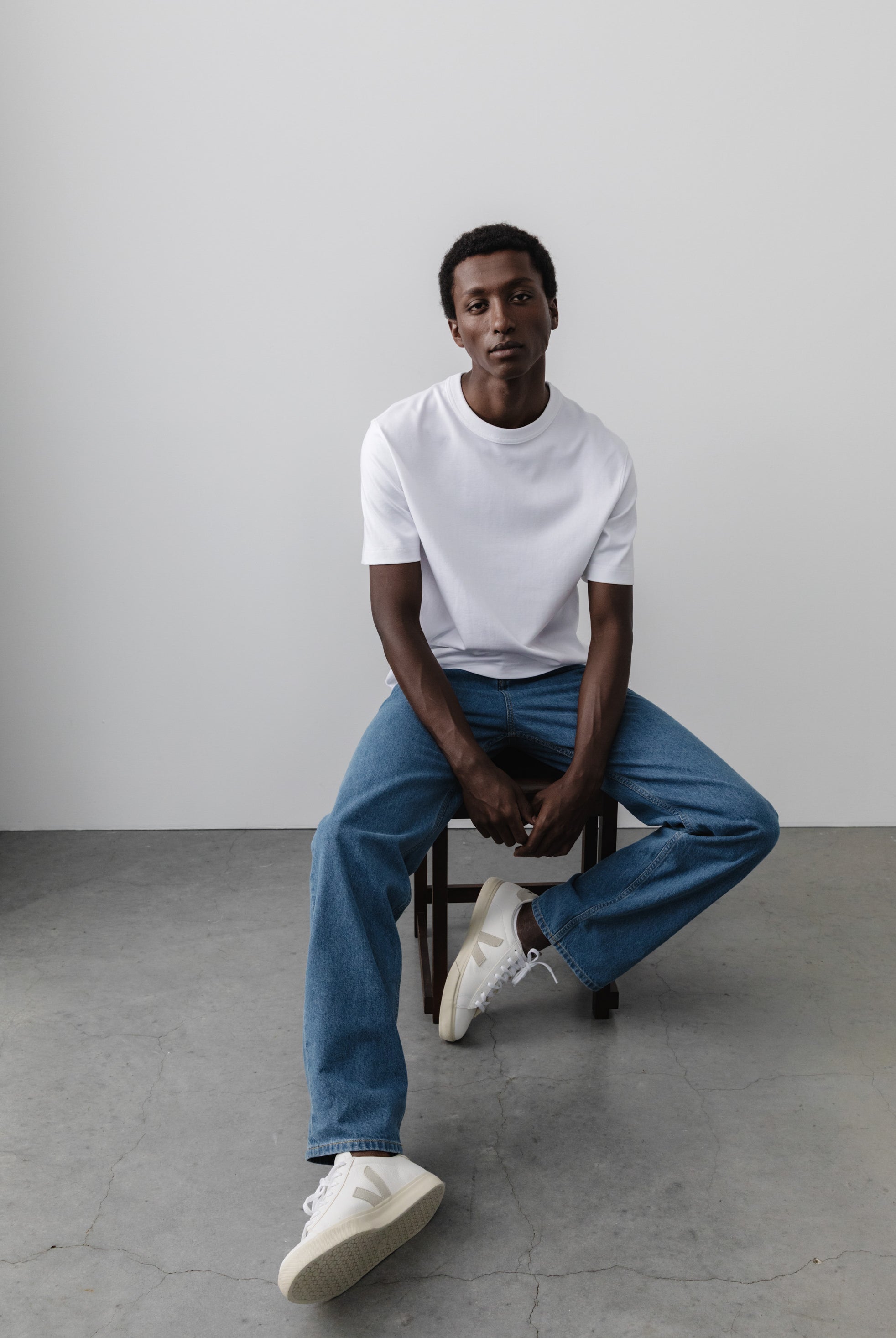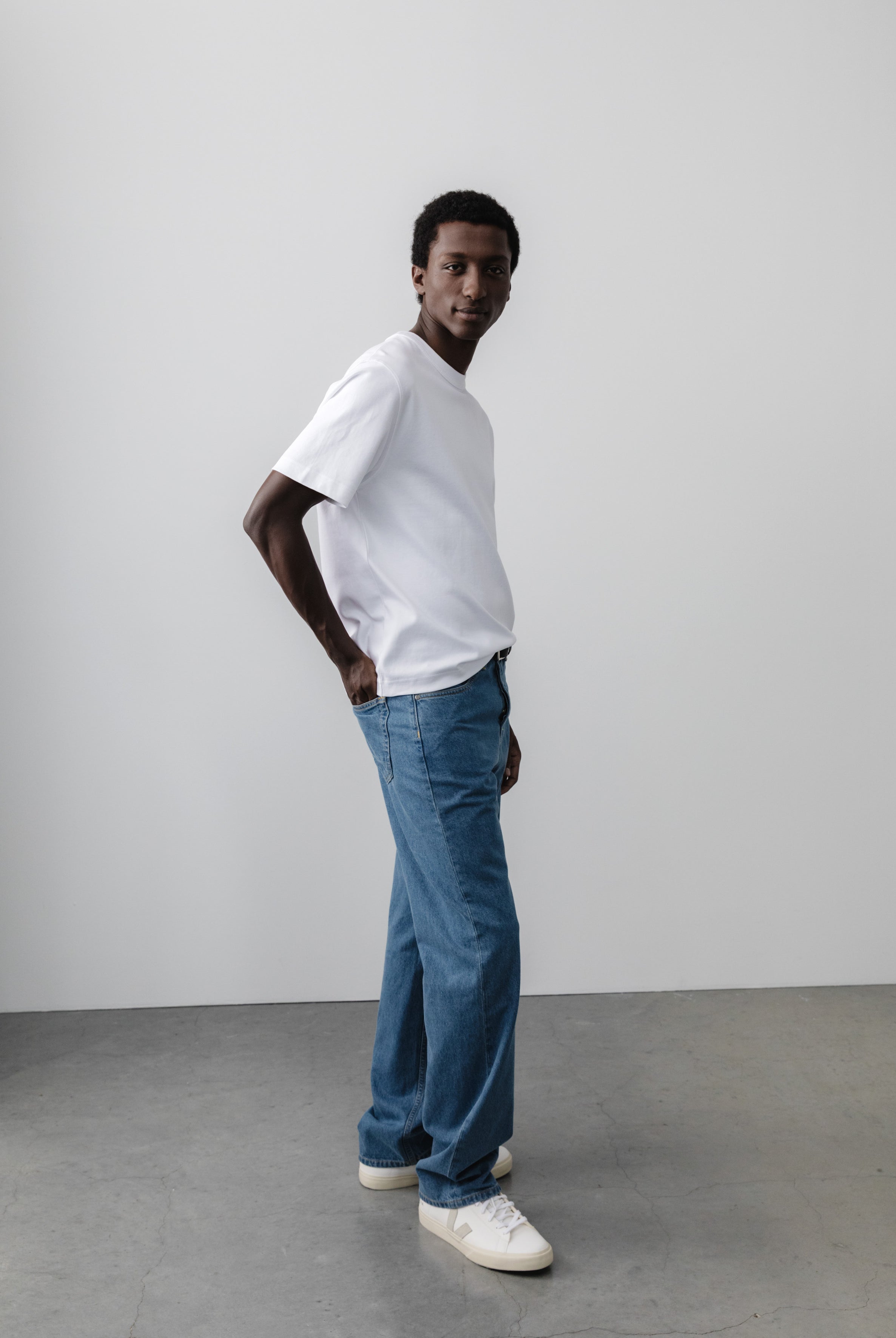Imagine a world without waste, where every product you buy has been designed to be reused and recycled. Where you as a customer don’t have to worry about the environmental impact of your product, but instead you are able to trust your favourite brands to take responsibility for the product from beginning to end. This is the ultimate dream of MUD Jeans. Extended producer responsibility (EPR) policies could help turn this dream into a global reality. This blog explains what EPR is, how we are implementing it and what is still lacking across the industry.
What is Extended Producer Responsibility?
Typically, producers and brands make a product without thinking about what happens to it after the consumer has finished using it. Extended Producer Responsibility (EPR) is a policy approach where producers are given the financial and/or physical responsibility of their used products. They need to think about what materials go into making the product and how to design it in order to ensure that it can be easily reused and recycled. This would create a business approach where products would be made in a more resource efficient way, which is ultimately good for society, the economy and innovation.

How does it apply to the fashion industry?
According to the Ellen MacArthur Foundation, less than 1% of material used to produce clothing is currently being recycled into new clothing. Due to this, the fashion industry is accountable for 4% of global waste production and among the top 10 most CO2 emitting industries. Think of your favourite pair of jeans. These jeans typically need 7000 litres of water, 23.45 Kg of Co2e and multiple toxic chemicals. They are produced with little consideration of the amount of resources that are put into making the product and even less concern of the amount of polluting substances that end up back in the environment. Typically, when the customer no longer wants the jeans, they are thrown away, ending up in a landfill or incinerated, creating waste and further environmental impact.
The outcome is a fashion industry that is only focused on driving fast fashion with no responsibility over the impact it causes. If brands would be required to take responsibility over the end of life of their product, the way the industry functions could change dramatically.

Can it help tackle climate change?
The recently published report from the Intergovernmental Panel on Climate Change (IPPC) has made it crystal clear; human activities are causing climate change and businesses need to act quickly to achieve carbon neutrality by 2050. Climate change is here, it is affecting all regions, and it will only get worse if we don’t act now. By avoiding producer responsibility, brands and producers are losing tremendous opportunities to be more efficient with their material use, but also to lower the amount of CO2 emitted across their entire supply chain.
How do we take responsibility?
At MUD Jeans, we take responsibility over our own waste by collecting back our old jeans. We apply a circular design approach and production techniques that recycle water, use renewable energy and avoid toxic chemicals. The outcome: a pair of MUD Jeans that consumes 477 liters of water and 6,10 Kg of Co2 Eq. When compared to industry standard that is 74% of Co2 and 93% water avoided in the production process. There is not a single solution to tackle climate change. Instead, there are multiple pieces of a puzzle that need to come together. Waste, EPR, and circularity are important pieces to consider.

The fashion industry still has a long way to go
By showing that our circular business model works, we hope to inspire others to take similar responsibility for their products and waste. However, the fashion industry still has a long way to go. In an effort to investigate in how far other brands take responsibility, we reached out to to some of the most popular denim brands to ask whether they would take back their old jeans. Their responses (shown below) make clear: brands are not taking sufficient responsibility.

But continuing pressure from customers and developments in legislation provide hope. This forces major brands to question their business as usual and investigate more sustainable alternatives. And once businesses begin to accept their Extended Producer Responsibility, the fashion industry can transform for the better.









